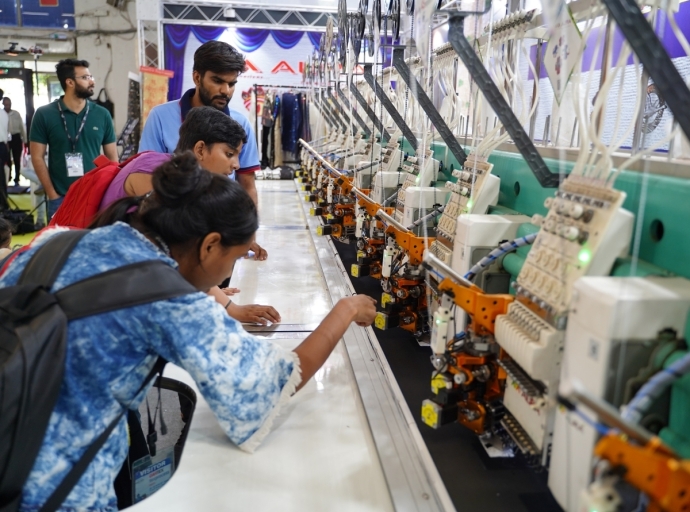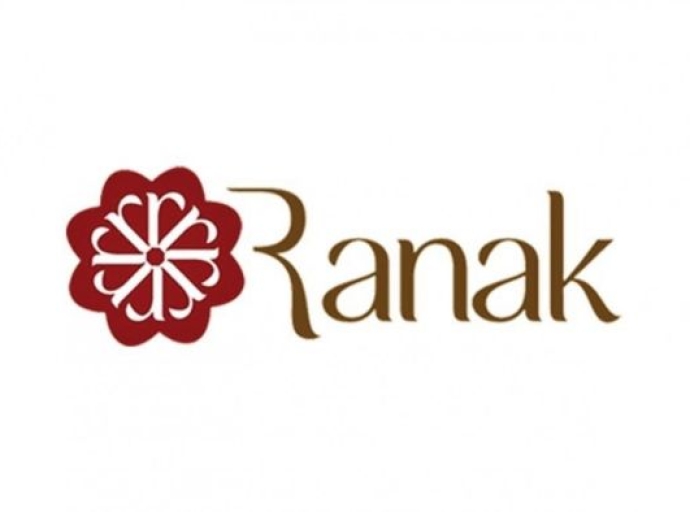17 December 2022, Mumbai
Freakins and Parul Gulati have launched a denim line. Freakins is a denim brand for women. Parul Gulati is an actress and entrepreneur.
The youthful denim line is designed to cater to all Indians, regardless of their gender, body type, or skin and features a mix of occasion style corset tops and more casual, oversized pieces to cater to a wide range of tastes. The collection has a fit for the ones who like to flaunt it and the ones who find comfort in their oversized hoodies. Notable items in the collection include wide leg jeans in a dark wash denim with numerous chunky zips, purple flared jeans, and brown and white bustier and jeans sets, among others.
In terms of products, straight jeans, wide leg jeans and bootcut jeans are Freakins’ best performing categories and they do extremely well with the Gen Z market. There is a structured process for product development at Freakins. The design team does thorough research at the development stage, then proper material for the products is sourced and the final designs are created.
The women’s westernwear market in India is an ever-growing industry and even though there are some major market mammoths there is still scope for smaller brands to grow. This industry gives the chance of constant application of innovation, creativity and trendsetting.




































